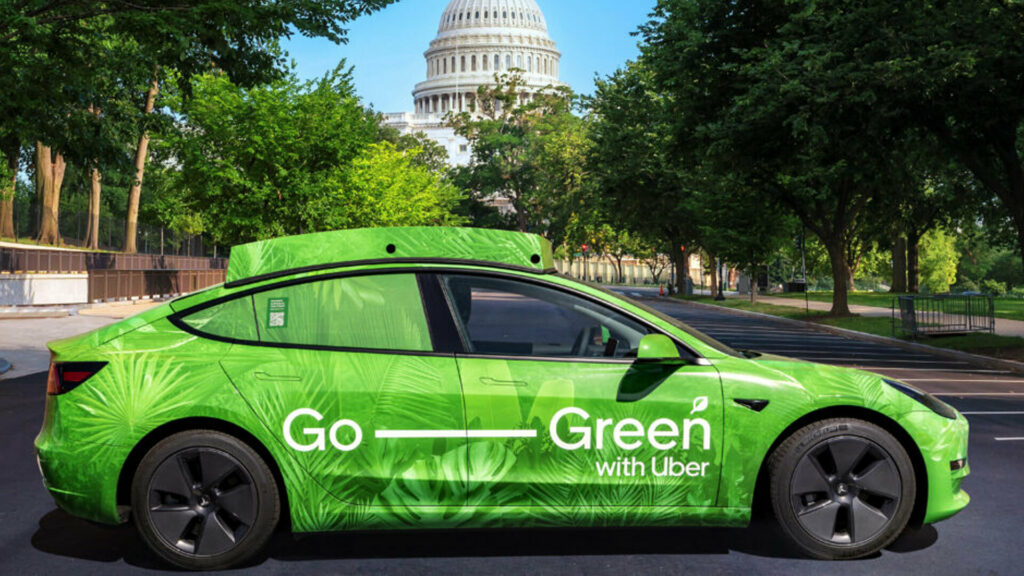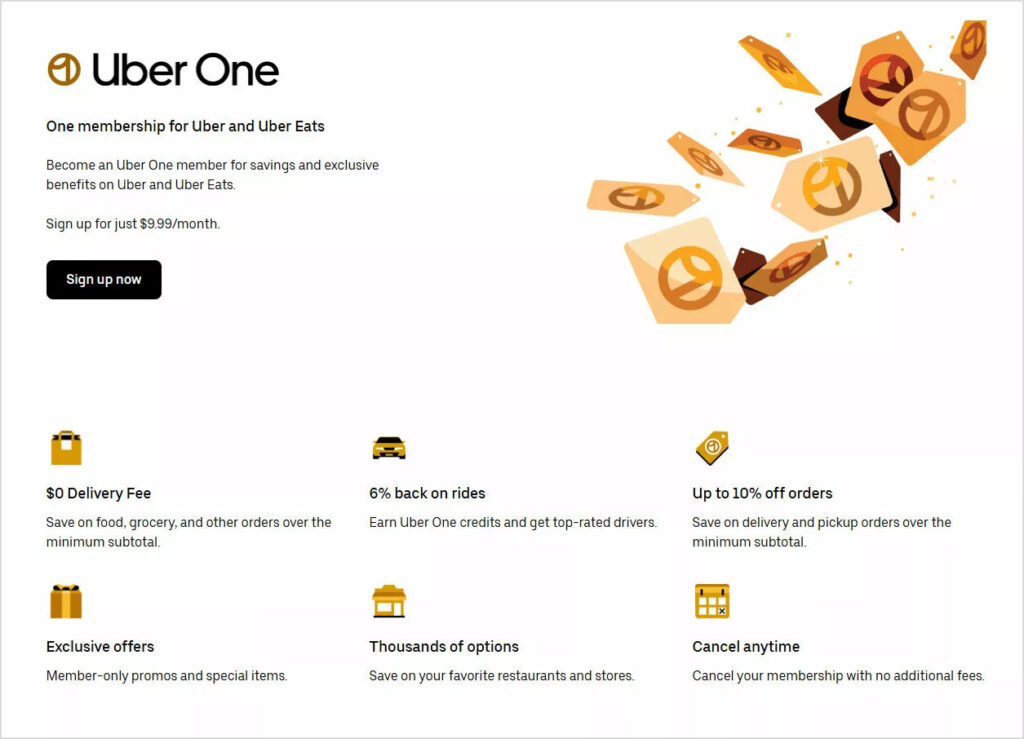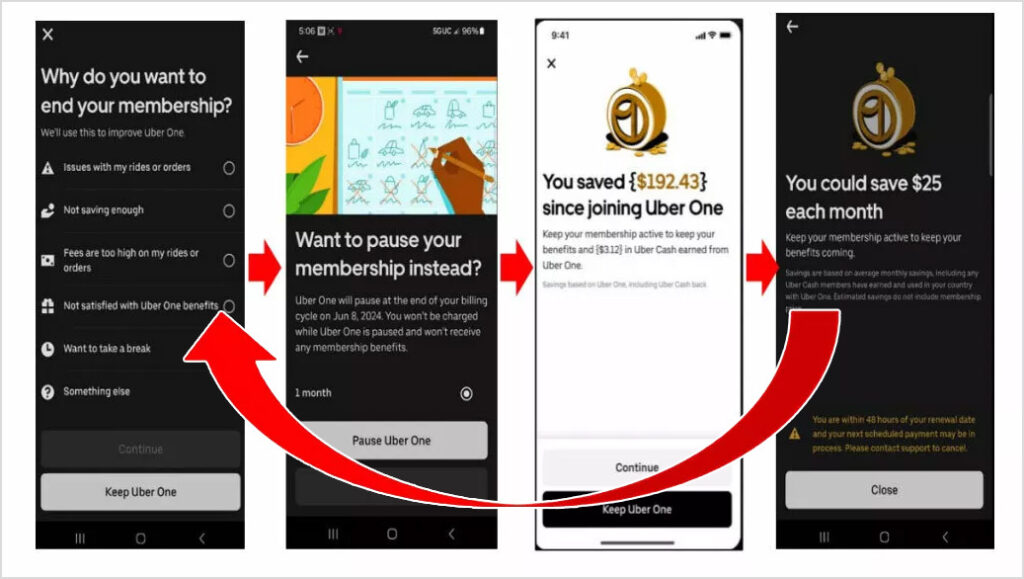FTC vs. Uber

For years, Uber has been the go-to name for getting around town quickly and ordering meals hassle-free. However, the Federal Trade Commission (FTC) recently set its sights on Uber’s subscription service, Uber One, accusing the company of charging users without consent and making it difficult to quit the service.
Subscription Issues

Uber One is touted to offer savings on rides and food deliveries—claims of $25 in monthly savings were advertised, though this increased to $27. The FTC argues these figures were misleading, suggesting Uber exaggerated the benefits without taking the subscription fee into account.
But it isn’t just about numbers. Customers have reported that unsubscribing from Uber One turns into an odyssey that some liken to running through a bureaucracy maze, requiring up to a staggering 23 screens and 32 clicks to finally cut ties.
Consent and Billing Woes

The FTC maintains that some consumers were signed up to Uber One without explicitly agreeing to it, and a few reportedly found charges on their accounts without ever having an Uber profile. Concerns also arose around premature charging, landing people with fees even before their billing cycles were supposed to start, leading to potential overdraft fees for unsuspecting users.
Cancellations: Easier Said Than Done

Canceling Uber One is not presented as straightforward, with users sometimes needing to engage with customer service. The cancellation process is described as confusing and drawn out. Even after jumping through all the hoops to cancel, some customers faced another billing cycle before they could drop the service for good.
Legal Standpoint
The FTC labeled these actions as violations of the FTC Act and the Restore Online Shoppers’ Confidence Act, which demand clear disclosure and easy cancellation of recurring subscriptions. FTC Chairman Andrew Ferguson criticized Uber’s practices as misleading, making consumers jump through unnecessary hurdles.
Uber disputes these claims, arguing their sign-up and cancellation procedures adhere to legal standards, and that most cancellations are processed swiftly, typically in under 20 seconds within the app.
Conclusion
This legal drama is not just about rides or food deliveries; it’s about informed consent and easy user experiences. With FTC’s rigorous scrutiny and Uber holding its ground, it’s a modern consumer protection standoff. This clash could have broader implications for how subscription services are marketed and managed in the US.
Speed Trap Trouble
Tesla's Q1 Setback
Volvo Cuts 800 Jobs
Mono R Hits Auction
Tesla Rethinks Approach